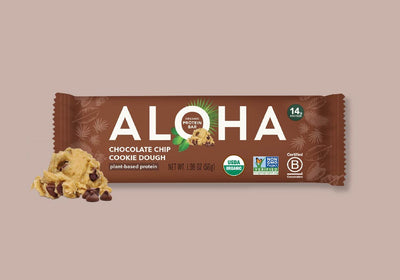
Chocolate Chip Cookie Dough
Indulgent cookie dough, rich chocolate chips
Price: $32.99
 collection header image
collection header image
 collection header image
collection header image

Indulgent cookie dough, rich chocolate chips
Price: $32.99
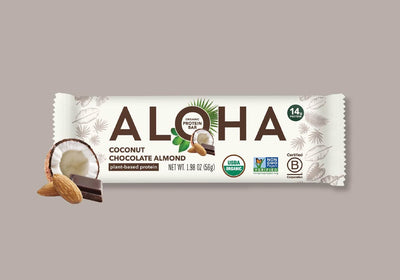
Flaky coconut, almond pieces, chocolate chunks
Price: $32.99
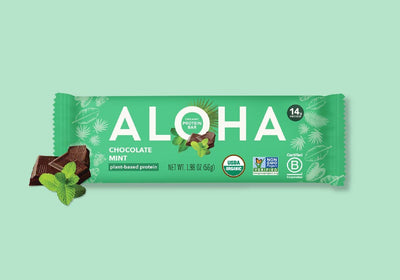
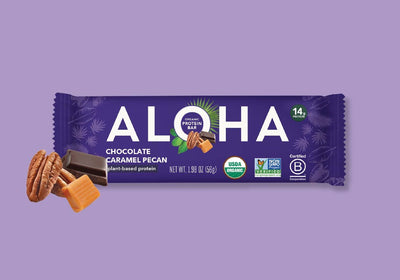
Pecans and dark chocolate in a caramel swirl
Price: $32.99
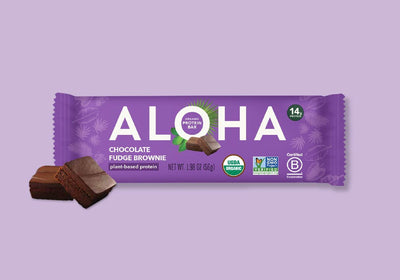
Smooth, indulgent chocolate is irresistible
Price: $32.99

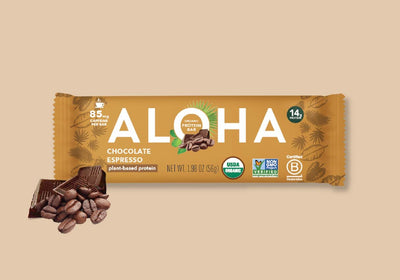
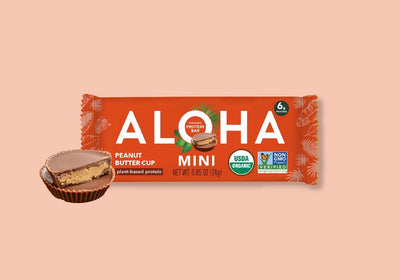
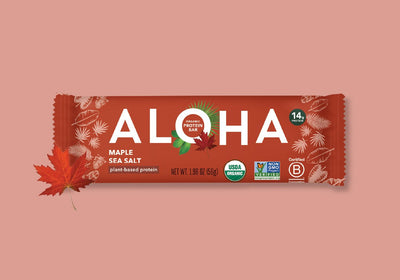
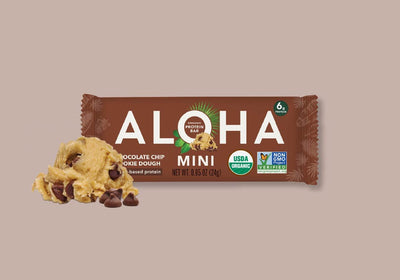
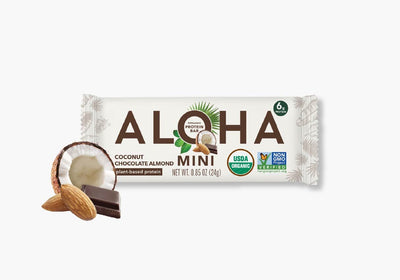
Flaky coconut, crunchy almonds, chocolate chunks
Price: $34.99
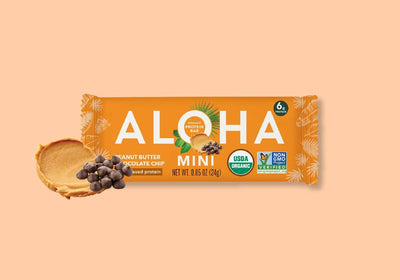
Chocolate chips + peanut pieces = happy tastebuds
Price: $34.99
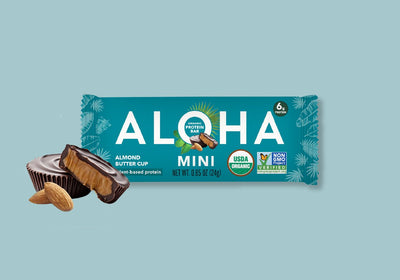
Decadent dark chocolate perfectly complements the warm sweetness of almonds
Price: $34.99
